
Co-opting African literature
Can a festival meaningfully applaud African creativity while its sponsor profits from African death?

Can a festival meaningfully applaud African creativity while its sponsor profits from African death?

From colonial accounting tricks to modern tax havens, Nkrumah understood how capital escapes, and why political independence was never enough.

From air travel costs and border regimes to television culture and class exclusion, the problem of attendance at AFCON is structural, not because fans lack passion.

Entre le coût du transport aérien, les régimes de visas, la culture télévisuelle et l’exclusion de classe, le problème de l’affluence à la CAN est structurel — et non le signe d’un manque de passion des supporters.

From national redemption and continental dominance to personal legacy and political ambition, the 2025 Africa Cup of Nations final means everything to Africans.

What the presence of an unlikely trio of football icons at AFCON tells us about migration, African identity, and the histories that continue to shape the modern game

What it sounds like on the ground in Morocco at the 2025 edition of Africa Cup of Nations.

This year, instead of taking a publishing break, we will be covering the African Cup of Nations. To transition, we consider why football still matters in an era of enclosure, mediated presence, and thinning publics.
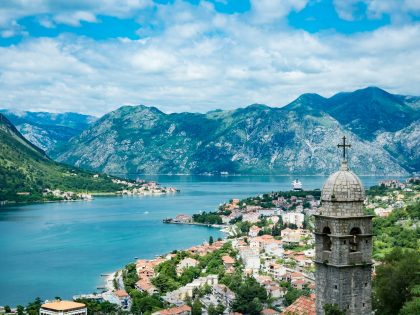
What began as a revenue lifeline for small island states has become a global market where the wealthy buy mobility and sovereignty itself becomes a commodity.
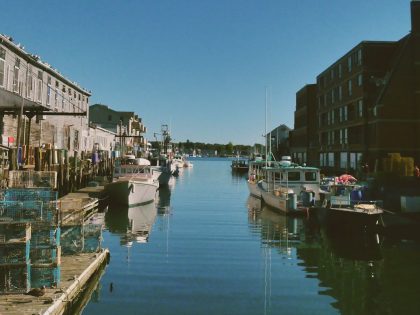
The economic emancipation of the American working class cannot come at the expense of the global working class.

The post-colonial settlement has left Africa vulnerable to conflict, external pressure, and intellectual dependency. What comes next?
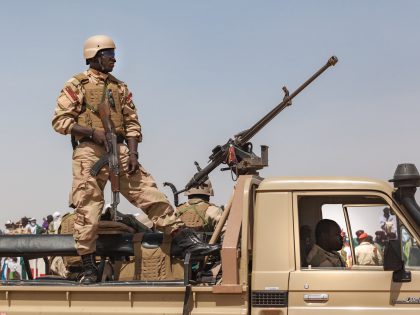
Across the continent’s new coup belt, young officers are stepping into power, casting themselves as guardians against corrupt civilian elites.
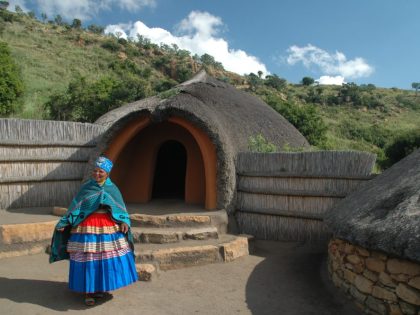
While the world debates restitution, Africa’s own heritage institutions are collapsing. The question is no longer who took our past, but who is keeping it alive.
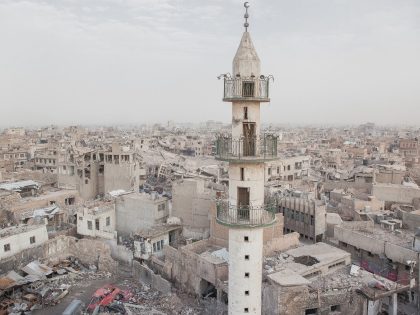
From Iraq to Gaza, empire no longer needs to annihilate populations when it can dismantle the very structures that make collective life possible.
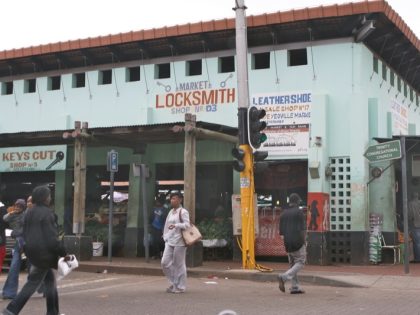
From indirect rule to Operation Dudula, the lines dividing citizen from stranger trace back to the way empire organized identity and labor.
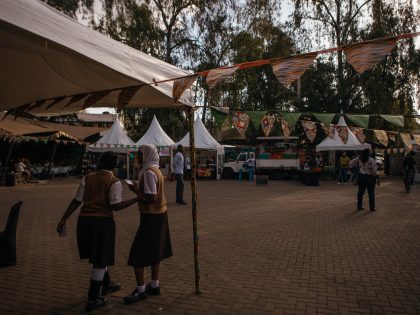
Nairobi’s cultural moment reflects both the promise of continental imagination and the anxiety of performing arrival for the world’s gaze.
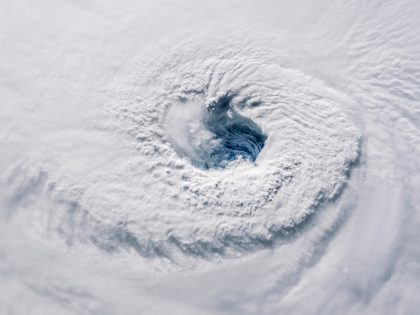
Hurricane Melissa made clear what COP30 obscures: the climate crisis still follows the lines of empire.
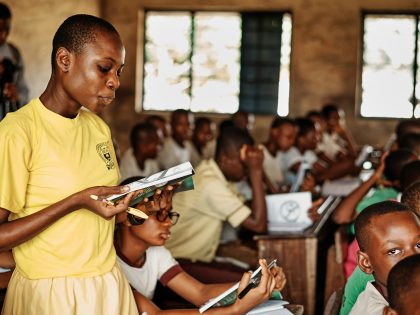
In outsourcing the act of writing to machines trained on Western language and thought, we risk reinforcing the very hierarchies that decolonization sought to undo.
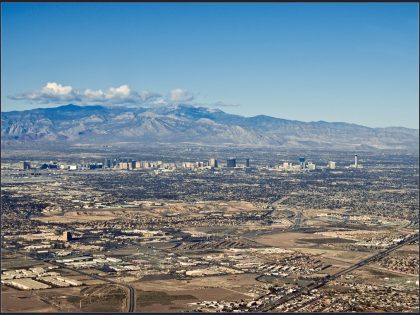
A reflection on traveling through the globalized walled city.
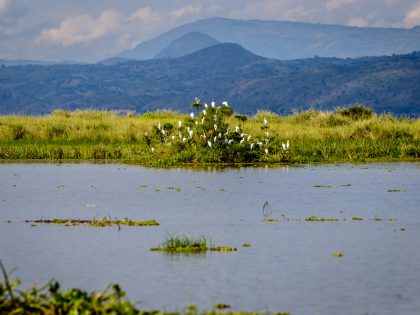
Behind the fanfare of the Africa Climate Summit, the East African Crude Oil Pipeline shows how neocolonial extraction still drives Africa’s energy future.